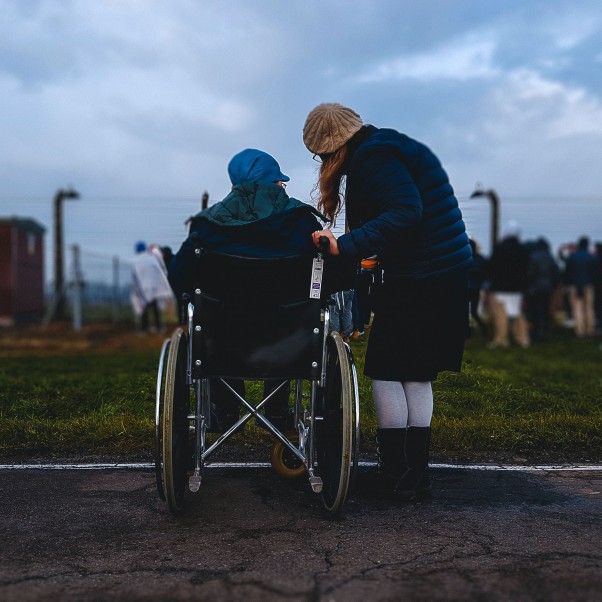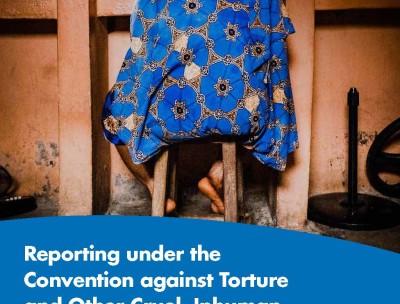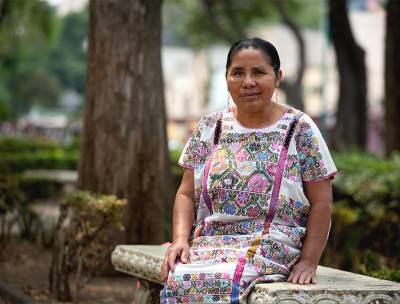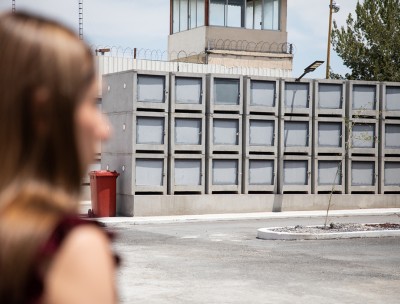
About
Transitional justice consists of both judicial and non-judicial mechanisms, including truth-seeking, prosecution initiatives, reparations, and various measures to prevent the recurrence of new violations. This can include constitutional, legal and institutional reform, the strengthening of civil society, memorialization efforts, cultural initiatives, the preservation of archives, and the reform of history education.
Successful transitional justice measures can connect, empower and transform societies. This contributes to lasting peace and the realization of Sustainable Development Goal 16.
Our work
UN Human Rights is engaged in advocacy and policy development on transitional justice, and supports specific transitional justice processes across the world.
We provide support in designing and implementing context-specific and victim-centred transitional justice processes. This work includes developing policy tools, guidance and strategic frameworks. We also advise on specific national and regional issues related to transitional justice.
We engage with the Human Rights Council, Special Procedures and the UN Security Council on issues related to transitional justice and accountability.
Who else is involved
Special Rapporteur on the promotion of truth, justice, reparation and guarantees of non-recurrence
Established in 2011, the Special Rapporteur’s mandate focuses on the measures adopted by authorities to guarantee truth, justice, reparation, memory and guarantees of non-recurrence, to ensure accountability and serve justice.





